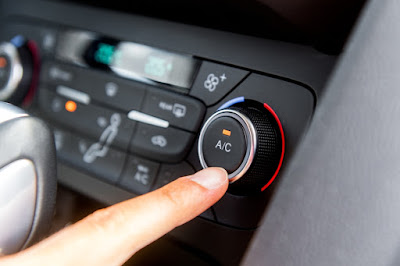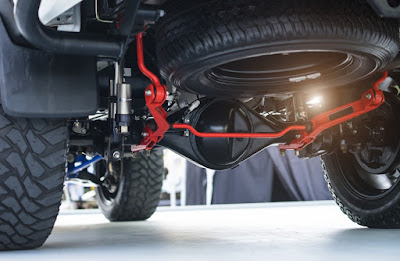The warmer temperatures of summer will still be around for a while and most people still want to stay cool and relaxed in their cars. Your car air conditioner has been getting a work-out and you’ve noticed that it isn’t getting as cold as it should. Don’t delay in scheduling a car AC repair. Your car air conditioner will still get a lot of use as you finish out summer.
Wondering, “How often should you get your car air conditioner serviced?” The short answer is---at least once a year! And, any car AC repair should be performed by an ASE certified mechanic. Not only will this keep your ride relaxed, but you will also reap the benefits of improved gas mileage and a more environmentally friendly vehicle.
There are several reasons your car AC is not getting cold:
- The coolant has lost its effectiveness. Fresh coolant added to the radiator may be all that is wanted to keep your AC cold.
- The AC’s compressor isn’t able to create a high enough pressure in the system for the refrigerant to cool correctly.
- A clog in the system allows the high-pressure refrigerant to slowly decompress through the clog.
- The AC unit is exposed to the extreme heat of the engine, dirt, vibrations, road debris, quick stops, and even run-ins with curbs. This stress may create small cracks that allow the refrigerant to leakage.
- The cooling fans could be burned out, poorly mounted, a fan blade is chipped, or there is a blown fuse or burnt-out relay.
- An electrical issue could be sending a faulty signal caused by a broken wire, bad module and sensors.
Are you wondering how often should you get your car air conditioner serviced? Call our ASE Certified Technicians at Rum River Automotive for more information about car AC repair and make an appointment. Since 1997, our auto shop has served vehicle owners in Princeton, MN and in the surrounding areas of Milaca, MN, and Zimmerman, MN.


